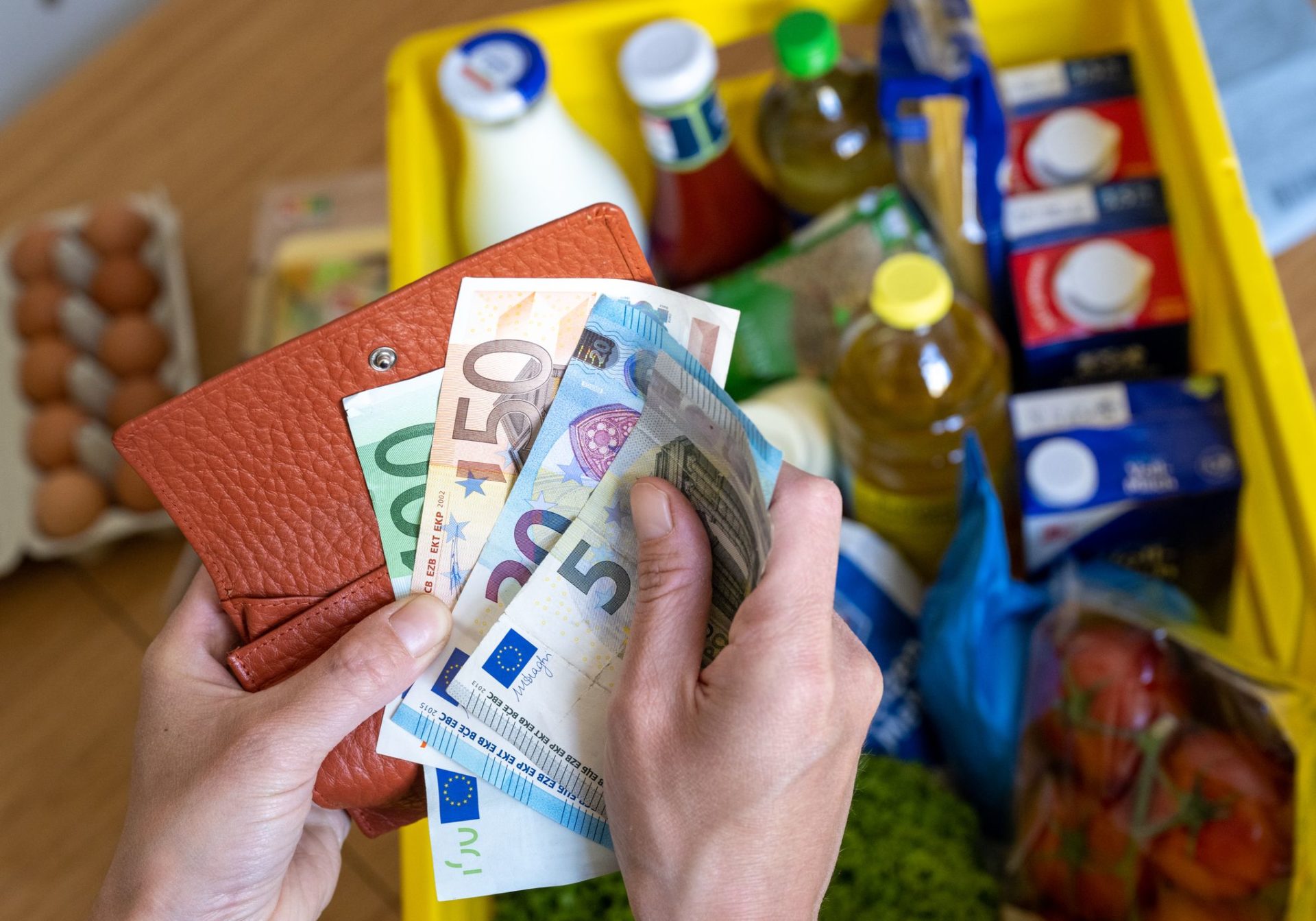Nuremberg – In no other EU country do consumers spend such a small part of their income on food, health, and care as they do in Germany, according to a study. Despite rising prices, the share of these expenditures in private consumption last year was 13.4 percent, lower than in all the other 26 states. This is according to a study by the market research institute NIQ.
“In Germany, average incomes are high. Additionally, competition in the food retail sector is as fierce as almost nowhere else, which depresses prices. Although prices have recently risen due to high inflation, they are still comparatively low,” said NIQ retail expert Filip Vojtech.
Consumers have recently been paying more attention to prices and resorting more often to offers. According to NIQ, Germany recorded the strongest increase in promotional purchases in Western Europe, with a rise of 14 percent.
Every third euro in the EU goes to retail
When comparing how much money people spent in total in stores, Germany also ranked last according to the study. In the Federal Republic, only just over every fourth euro went to retail in 2023, EU-wide every third, and in Eastern European countries like Hungary and Bulgaria, almost every second.
Due to higher purchasing power, households in Germany spend a smaller part of their income on food, clothing, and other goods, according to Vojtech. Conversely, living costs for housing and energy are higher. Additionally, more money is spent on services and leisure activities, with more flowing into savings and financial investments.
The share of retail in private consumption decreased again in the EU in 2023. According to market researchers, this is due to a normalization of consumption behavior. During the COVID-19 pandemic, consumers mainly spent their money in retail because cultural activities, events, and travel were often not possible, said NIQ study leader Philipp Willroth. “This effect is now reversing, as Europeans have a backlog demand and want to experience and travel more again.” (August 20)
 go to the original language article
go to the original language article
